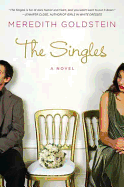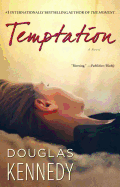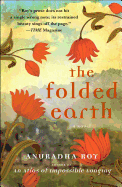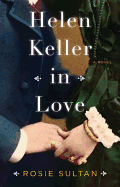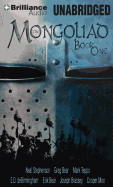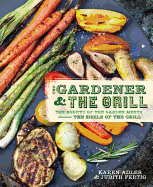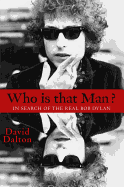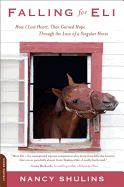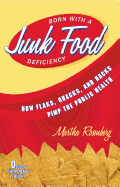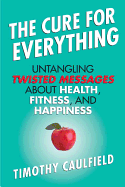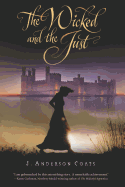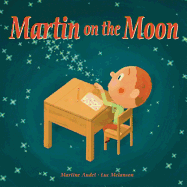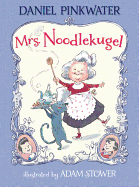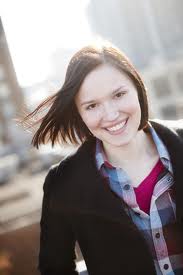
We caught up with Veronica Roth on Tuesday while she was in New York City for the launch of Insurgent (Katherine Tegen/HarperCollins, $17.99), the second book in the planned trilogy she began with Divergent, her debut book. She confesses she'd most likely choose the fearless Dauntless faction, if she had to pick one, just like her heroine and narrator, Tris Prior. She makes a few other confessions, too, though we promise no truth serum was administered.
With Divergent, you mentioned the factions were inspired by the way teens as well as adults form cliques and categorize people. Were there developments in Insurgent that surprised you?
Definitely one of the things that has surprised me most is the way the characters continue to form new boxes. They even come up with new names for the new groups they form. You'd think they'd be less inclined to form groups [after the events of Divergent], but I think it's what we do as humans.
It's refreshing that there's no love triangle in your series.
It's not that I don't like a good love triangle. But sometimes it's a default for a tension, when relationships become slightly more boring. I challenged myself to find tensions in a new relationship with more complications. I see Tris and Tobias developing like a real couple.
In Divergent, Four tells the initiates, "Cowardice is the failure to act in the midst of fear." When they're attacked in Amity and Tris can't shoot, Tobias seems almost angry when he confronts her about it later.
Tobias thinks Tris is stronger than she is. He has unreasonable expectations for her sometimes. The book is very much about guilt and grief for her. She couldn't touch the gun until she forgave herself [for a death she caused]. She takes all these crazy risks because she loses sight of the importance of her own life.
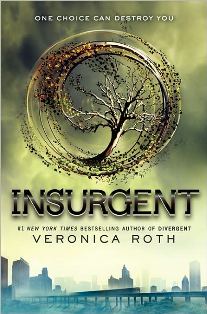 We gain such insight into the factions in this book--Candor has its truth serum and Amity has its peace serum.
We gain such insight into the factions in this book--Candor has its truth serum and Amity has its peace serum.
Amity's all about subterfuge. I think I say something about Candor commenting on Amity: "They'll always lie to keep the peace."
Tris recites that rhyme about how "Dauntless is the cruelest of the five" as she surveys the wreckage of the traitor Dauntless.
I didn't expect her to have such a cruel streak. But I think it's one of her greatest flaws. She is pretty selfish even when she's trying to be selfless. I think book two really brings out her unlikable side. It's difficult for readers, I think, but it was also difficult for me as a writer. Yet it was important. I've been around grieving people, and it's tough to be around people who are going through that kind of inner battle.
We see Tris and Four gaining equality with the adult faction leaders in this book. In your mind, was there a point when they begin to even out the power?
I remember a point as a teenager when adults started talking to me as a peer. Suddenly, because consequences are so dire, Tris inserted herself and she's treated as a peer by the adults because of her actions. Tris decided to take that spot, and so does Tobias. And they have to deal with the consequences of that. Right before they go into Candor headquarters, Tris thinks, "I can fade into the background and let other people fight this." She makes that choice, and it's a pivotal moment for her.
Truth takes on an even greater complexity in this book.
Tris says something about how the truth can change everything--because it does in Divergent, when she found out what the Erudite were planning, and what her mother was doing. I think she feels crazy throughout much of this book, going after the truth. It's more important than anything else that's going on.
Did the plot of Insurgent surprise you?
I knew where Insurgent would end. But the rest of the book came out of nowhere. The first draft is what I'd planned. But then I scrapped it and wrote the book. The second draft was full of surprises. The truth serum in Candor, everything at the Erudite compound. This, more than anything I've written, was totally out of left field. But I'm happy with what happened.
Is it the same process for book three? Do you know the ending?
I have no idea how it's going to end. I know how it starts and a bit of the middle. I figure if it surprises me, it will surprise other people. I keep myself in the dark until I get there. --Jennifer M. Brown, children's editor, Shelf Awareness
Veronica Roth: Full of Surprises
 The Book Club Cookbook by Judy Gelman and Vicki Levy Krupp (Tarcher, $21.95). Almost 500 pages of books, stories about book clubs who have read the books, and recipes connected to the books (e.g., Caramel Cake from The Help).
The Book Club Cookbook by Judy Gelman and Vicki Levy Krupp (Tarcher, $21.95). Almost 500 pages of books, stories about book clubs who have read the books, and recipes connected to the books (e.g., Caramel Cake from The Help).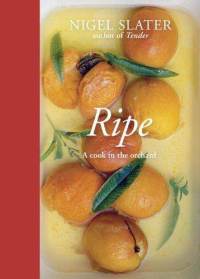 Ripe: A Cook in the Orchard by Nigel Slater (Ten Speed, $40). Nigel Slater can do no wrong. The book is lovely, the recipes are scrumptious, the prose is delightful.
Ripe: A Cook in the Orchard by Nigel Slater (Ten Speed, $40). Nigel Slater can do no wrong. The book is lovely, the recipes are scrumptious, the prose is delightful.



 We gain such insight into the factions in this book--Candor has its truth serum and Amity has its peace serum.
We gain such insight into the factions in this book--Candor has its truth serum and Amity has its peace serum.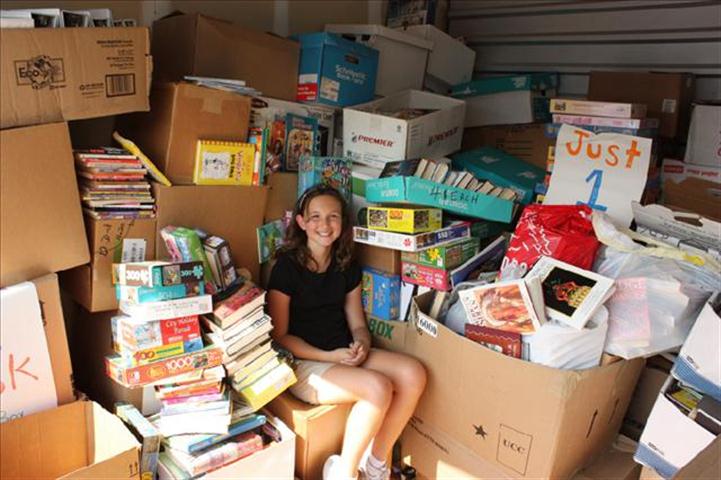 Thanks to a recently donated bookmobile,
Thanks to a recently donated bookmobile,  Given that I'm a tenured professor at rural Virginia Tech, where I direct the MFA program in creative writing, I suspect some readers will wonder what I'm doing writing a prequel to The Godfather, an urban novel full of characters more comfortable in a Brooklyn social club than a college classroom.
Given that I'm a tenured professor at rural Virginia Tech, where I direct the MFA program in creative writing, I suspect some readers will wonder what I'm doing writing a prequel to The Godfather, an urban novel full of characters more comfortable in a Brooklyn social club than a college classroom.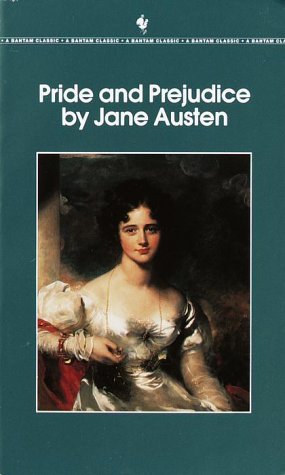 Pride and Prejudice tops the list for sheer enthusiasm. Margaret Devere read it at least every other week when she was a girl--"it was one of the accessible books in my parents' library. I've read it at least 100 times." She has found time, too, to re-read Lois McMaster Bujold, especially Barrayar and Memory. Linda Miller said P&P is the only book she's ever re-read. "And let's not even count the number of times I've watched Colin Firth plunge into the Pemberly pond. As good as Downton Abbey was on PBS this winter, I still find the A&E adaptation in the mid-'90s a hard act to follow." And Kathy M. Johnson never gets tired of any Jane Austen novel or Portrait of a Lady.
Pride and Prejudice tops the list for sheer enthusiasm. Margaret Devere read it at least every other week when she was a girl--"it was one of the accessible books in my parents' library. I've read it at least 100 times." She has found time, too, to re-read Lois McMaster Bujold, especially Barrayar and Memory. Linda Miller said P&P is the only book she's ever re-read. "And let's not even count the number of times I've watched Colin Firth plunge into the Pemberly pond. As good as Downton Abbey was on PBS this winter, I still find the A&E adaptation in the mid-'90s a hard act to follow." And Kathy M. Johnson never gets tired of any Jane Austen novel or Portrait of a Lady.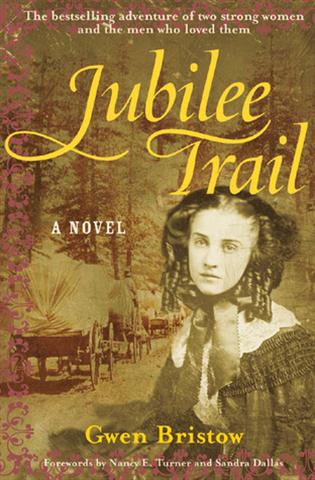 Mike Sylvester pulled out an oldie with Richard Bach's Illusions: The Adventures of a Reluctant Messiah--"a great reread. Also a great book to use as a foundation of one's philosophy." And John Kennedy Toole's A Confederacy of Dunces "takes me back to my times at Tulane, and education in New Orleans." Jubilee Trail by Gwen Bristow was a favorite of both Stephanie Varga's and her mother's: "I have since turned my daughter on to it. We would compare people we encountered to characters in the book, like other people would compare them to their favorite TV characters. Since my mom passed on I re-read it every few years to revisit my old friends, and my conversations about them, with my mother. I'm always a sucker for pioneer stories, and the female characters are incredibly independent and uncompromising. All that, and early Los Angeles history too."
Mike Sylvester pulled out an oldie with Richard Bach's Illusions: The Adventures of a Reluctant Messiah--"a great reread. Also a great book to use as a foundation of one's philosophy." And John Kennedy Toole's A Confederacy of Dunces "takes me back to my times at Tulane, and education in New Orleans." Jubilee Trail by Gwen Bristow was a favorite of both Stephanie Varga's and her mother's: "I have since turned my daughter on to it. We would compare people we encountered to characters in the book, like other people would compare them to their favorite TV characters. Since my mom passed on I re-read it every few years to revisit my old friends, and my conversations about them, with my mother. I'm always a sucker for pioneer stories, and the female characters are incredibly independent and uncompromising. All that, and early Los Angeles history too."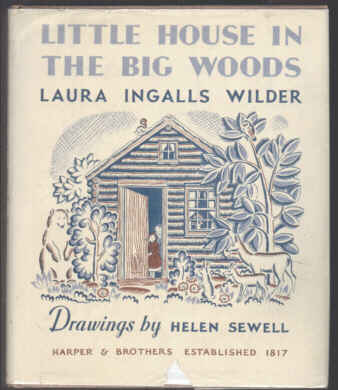 When I read the e-mail from Janet Snyder, I literally smacked my forehead. How could I have forgotten to mention the books that I have almost memorized? The Laura Ingalls Wilder books! Snyder said, "In 2003 I was living all alone in a house on 35 acres at 8,500 feet in the foothills just West of Denver, Colo., when we had a massive March blizzard. I got out the group of books set in De Smet, South Dakota, especially The Long Winter, and enjoyed the shared feelings of being isolated because of feet of blowing snow." She also likes the Betsy-Tacy books. "As an adult I searched for and purchased a complete set of the Betsy-Tacy books. They were such a part of the summer joys in my grade school and beyond years. Even now it is joyful to journey back in time. I'm not sure that real life in those times was really as joyful and 'simple' as the books make it appear but still they reflect a time in American History that should not be forgotten." Her other compete book sets are by Laurell Hamilton and Jean Auel, and her newest favorite author is the fabulous David James Duncan. "The Brothers K is especially meaningful this spring because my Colorado Rockies Baseball team just made Jamie Moyer, at age 49, a starting pitcher. Jamie, like 'Papa' Chance, has an unusual pitching style. And Duncan's 'garden angels' in The River Why really made a profound impact on me."
When I read the e-mail from Janet Snyder, I literally smacked my forehead. How could I have forgotten to mention the books that I have almost memorized? The Laura Ingalls Wilder books! Snyder said, "In 2003 I was living all alone in a house on 35 acres at 8,500 feet in the foothills just West of Denver, Colo., when we had a massive March blizzard. I got out the group of books set in De Smet, South Dakota, especially The Long Winter, and enjoyed the shared feelings of being isolated because of feet of blowing snow." She also likes the Betsy-Tacy books. "As an adult I searched for and purchased a complete set of the Betsy-Tacy books. They were such a part of the summer joys in my grade school and beyond years. Even now it is joyful to journey back in time. I'm not sure that real life in those times was really as joyful and 'simple' as the books make it appear but still they reflect a time in American History that should not be forgotten." Her other compete book sets are by Laurell Hamilton and Jean Auel, and her newest favorite author is the fabulous David James Duncan. "The Brothers K is especially meaningful this spring because my Colorado Rockies Baseball team just made Jamie Moyer, at age 49, a starting pitcher. Jamie, like 'Papa' Chance, has an unusual pitching style. And Duncan's 'garden angels' in The River Why really made a profound impact on me."